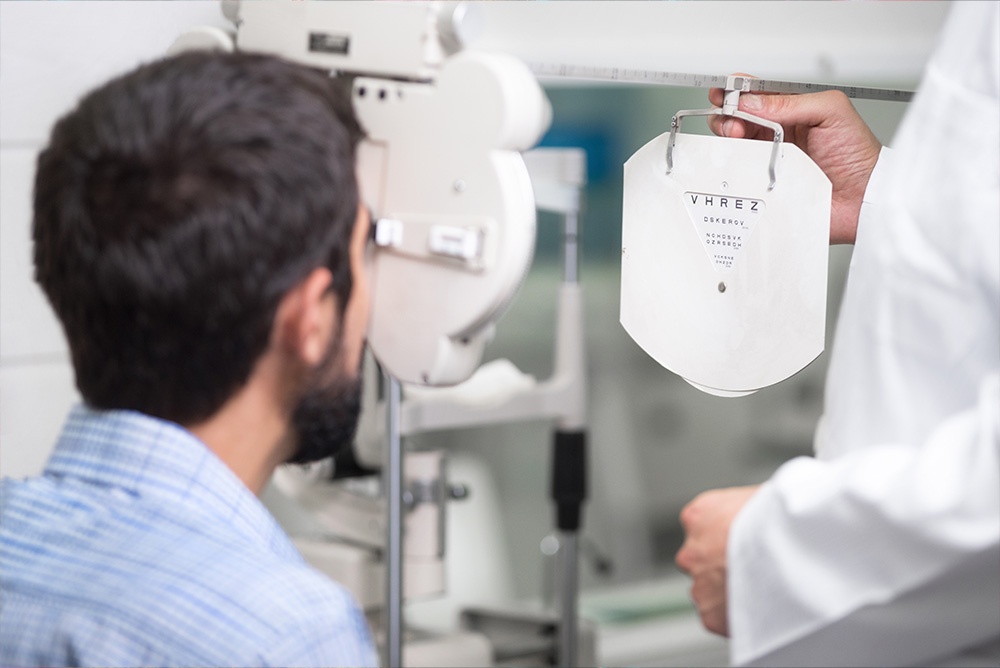
Working as a full-time truck driver, you might find it challenging to pay as much attention to your health as you would want to. Irregular sleep patterns, long working hours, and a sedentary lifestyle are some of the issues that many drivers are facing. Among the major health risk factors is limited access to healthy food as well as irregular eating habits. While nothing can replace a well-balanced diet completely, you can improve your health by taking vitamins and supplements alongside your food.
IMPORTANCE OF HAVING VITAMINS AND SUPPLEMENTS
The lack of fruits and veggies in an average trucker’s diet leads to deficiencies in some of the crucial nutrients. These deficiencies affect your immune system, your mood, and your overall health. This is why you should strive to eat as healthy as you can in given conditions. Truck driving will always make it a little hard to have a perfect diet. Fast food may be tasty, but it leaves much to be desired in terms of nutritive value, so taking some sort of vitamin or supplement may be very useful.
The important thing is to find out which specific supplements you need. You can conclude this based on your current physical state and eating habits (that’s where our article comes in handy). Still, before deciding to take any type of supplement, you should talk to your doctor and get a professional opinion.
VITAMINS
Our bodies need 13 types of vitamins to function properly. Each of these vitamins has a different job, so it’s important to keep all of them at healthy levels. We have singled out the vitamins that are especially important to truck drivers due to the nature of the job.
VITAMIN A
This vitamin is crucial for your eyesight. It directly affects the clarity of your vision and your ability to see in low light conditions (e.g. when driving your truck at night). Given how important good vision is for drivers, vitamin A should be on every trucker’s list.

VITAMIN C
It’s a well-known fact that vitamin C is good for your immune system. Stress has a negative impact on the immune system, and trucking can be quite stressful at times. This is why, as a trucker, you should give your body’s defensive mechanism all the help you can. Vitamin C is commonly found in fresh fruits and vegetables, so it would be best if you could implement these into your diet. Of course, for many truckers this is not easy, so taking it as a supplement is a great option.
VITAMIN D
The most famous source of vitamin D is direct sunlight. Since truck drivers spend a lot of time inside the cabin, it’s probably a good idea to keep this vitamin handy in some other form. Vitamin D is beneficial to your bones, teeth, and muscles, so it’s another nutrient you don’t want to miss out on.

MULTIVITAMIN
Multivitamins are useful as a temporary aid when you think that your nutrition is exceptionally bad. They will reduce deficiencies of key nutrients and increase your overall health. There are two things you should keep in mind, though. First, the quality of the vitamins that you’re taking is crucial to whether or not they have any effect. Low-quality vitamins won’t get absorbed properly, so your body is going to get rid of them. You should ask for advice from a pharmacist, and invest in a multivitamin that is actually worth your money. Second, multivitamins are only good as a temporary measure, so you shouldn’t rely only on them for longer periods.
SUPPLEMENTS
Aside from vitamins, supplements can include herbs, minerals, enzymes, etc. All of these are found in food or produced naturally by your body, but, in case of a deficiency, you can take in the form of pills, powders, even gummies.

PROTEIN
Normally, you can get enough protein from eating meat, but highly processed meat might lack it. That’s why meat served at truck stops isn’t a good protein source. A good way to compensate for this can be buying clean protein powder that can be easily mixed with water. Protein shakes also make for a convenient and tasty snack, so there’s another benefit from this supplement.
OMEGA-3
Omega-3 are fatty acids found in fish oil. They improve your brain functions and decrease the risk of heart disease by reducing triglycerides and lowering blood pressure. You can take them in pill or liquid form.

MELATONIN
The human body produces melatonin naturally in order to help you fall asleep. Melatonin production is based on your sleeping schedule, so, if you get off this schedule, your melatonin levels might get irregular and insufficient. This is why having supplements that contain melatonin can be very useful in a profession like truck driving.
VALERIAN ROOT
Valerian root is another supplement that can help you with sleep issues, reduce anxiety and bring overall relaxation. In truck driving, sleeping issues are not rare. Still, if you have persistent insomnia, medication might not be the best answer, even if it’s all-natural, like valerian root. Although it’s safe by itself, you shouldn’t take valerian root before talking to your doctor, as it may interfere with other medications you’re taking. And, of course, if you do come to using valerian root, you should limit it strictly to bedtime, and never drive after using it.

FIBER
Fiber is an indigestible type of carbohydrate. It regulates the way your body uses sugars, helps you feel full longer. Most Americans get half as much fiber as they need, and the results may be even worse for the ones spending great portions of their time on the road. Including more beans, nuts, apples, and flax seeds in your diet is the natural way to get more fiber. Once again, if that is not possible at times, fiber supplements are a great replacement.
